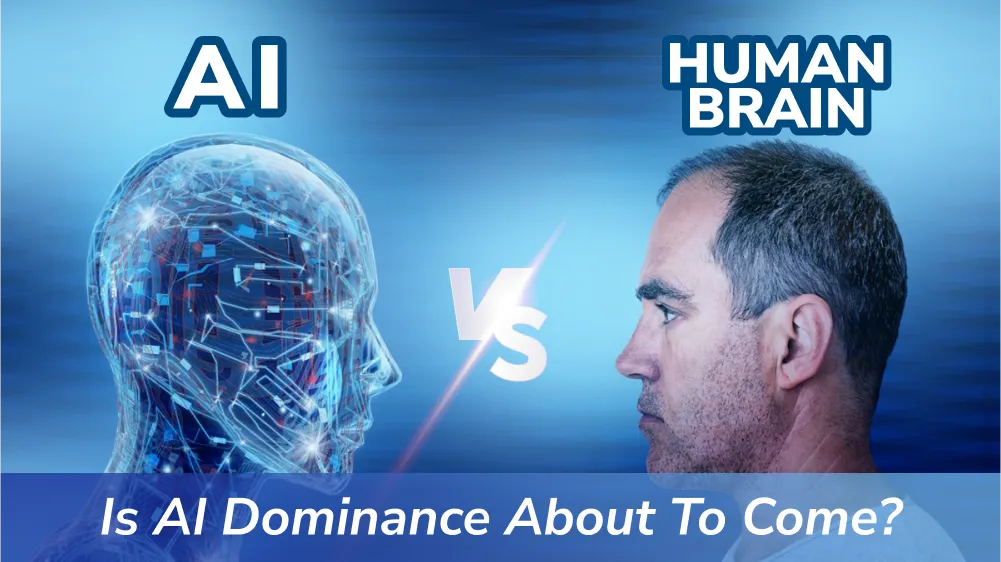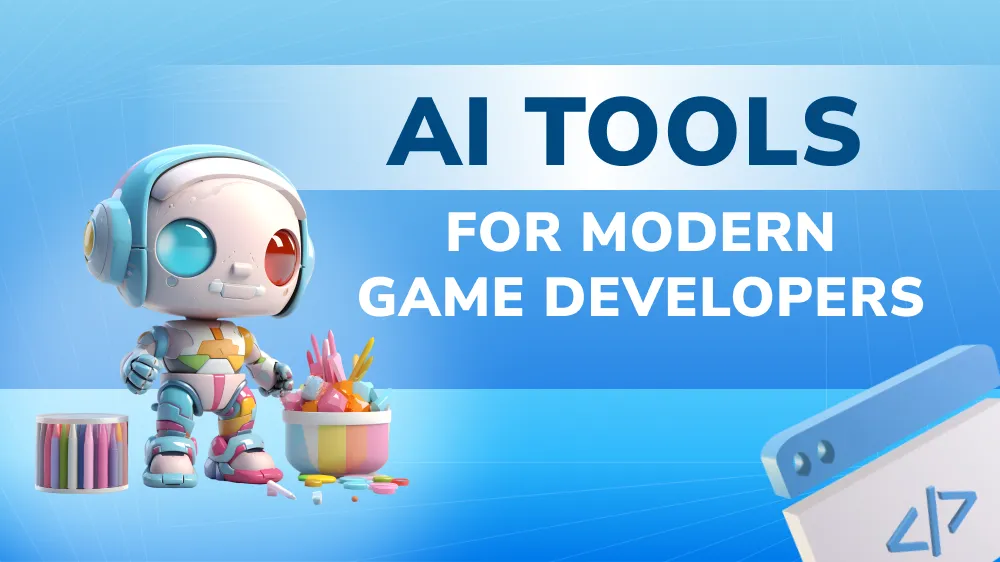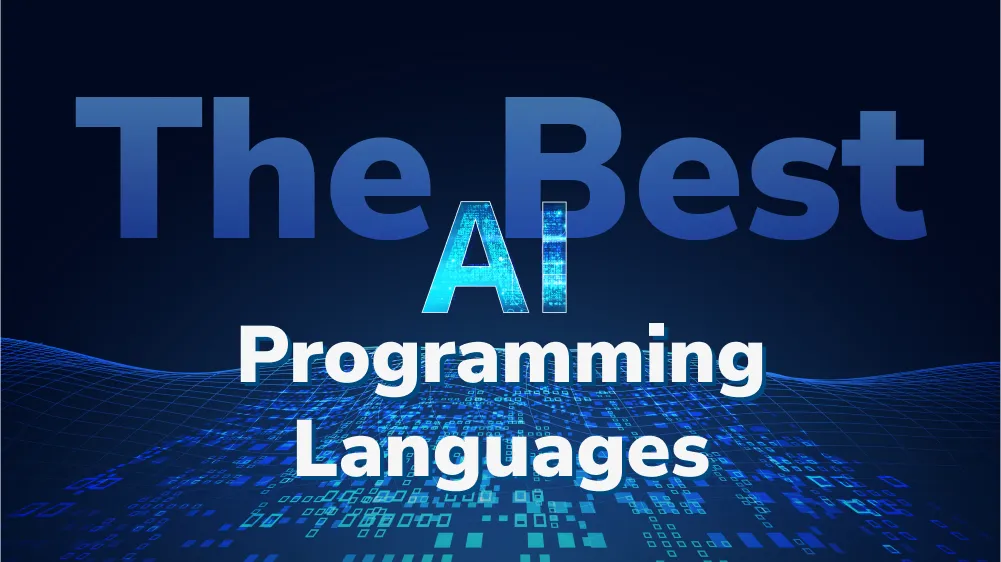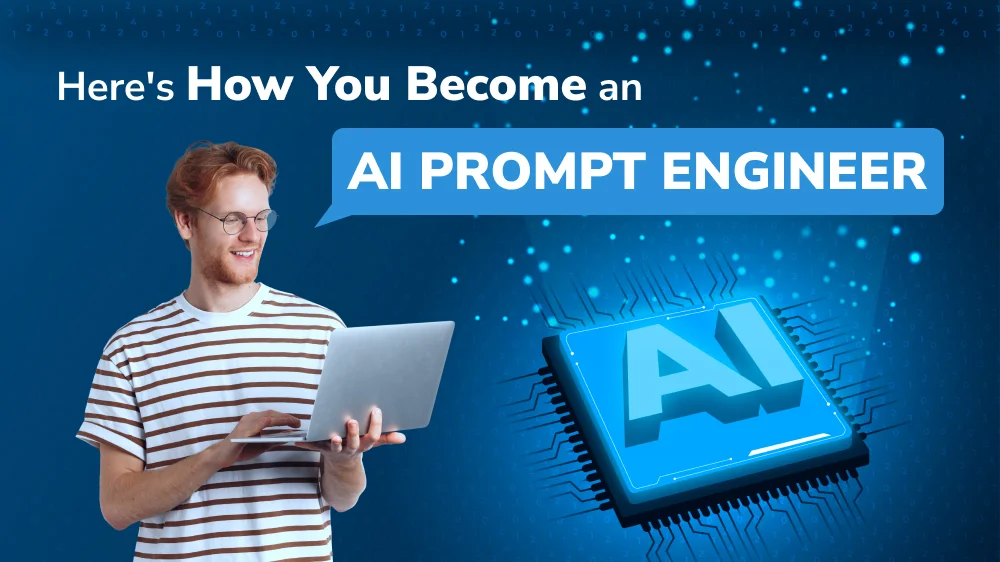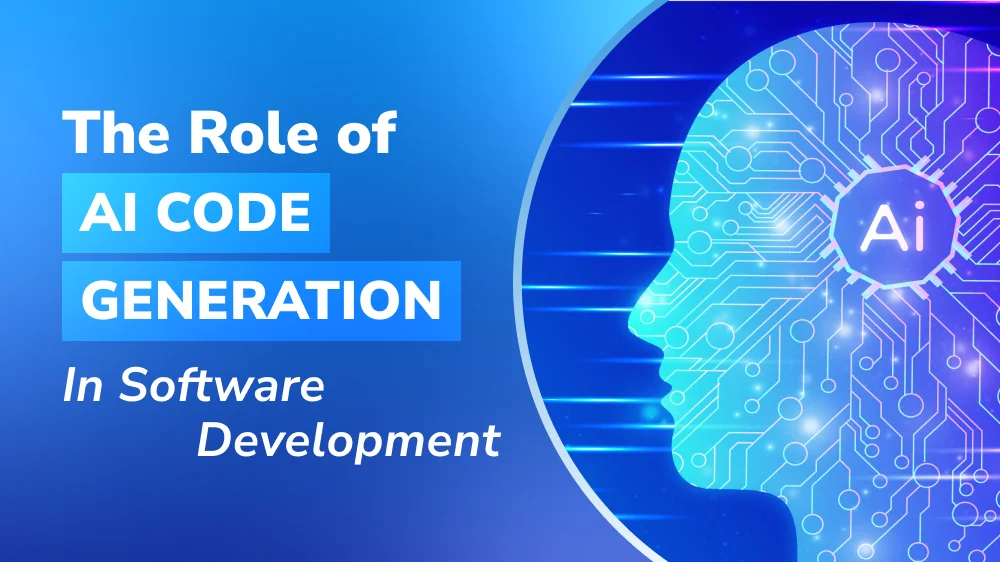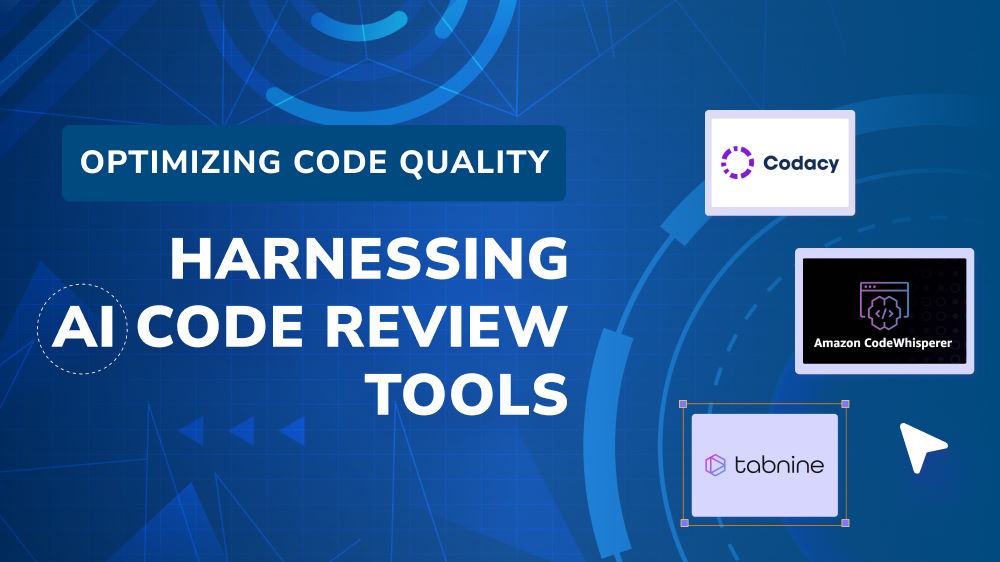The Biggest AI Challenges & How to Address Them
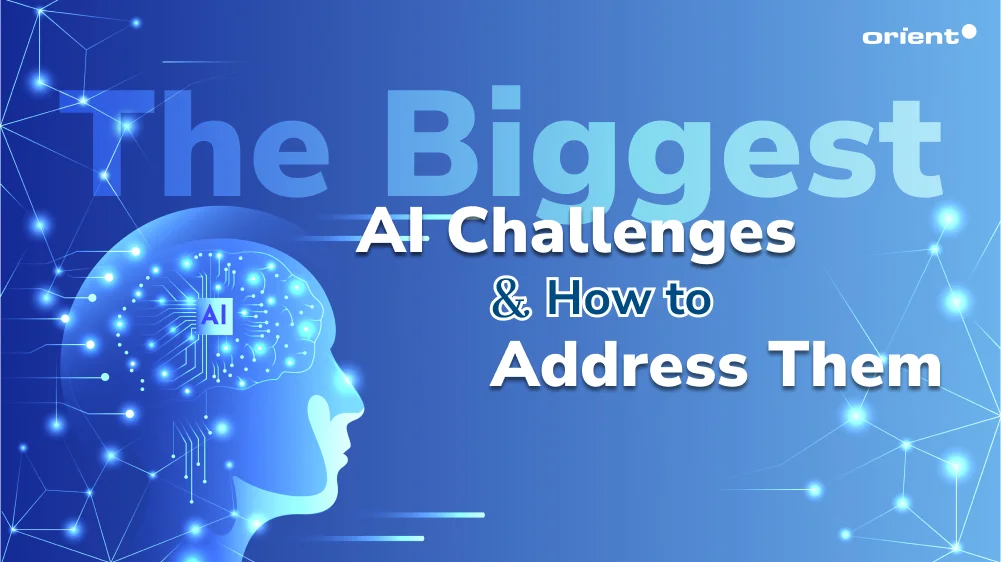
Content Map
More chaptersUntil now, artificial intelligence, or you are more familiar with its abbreviation “AI,” has made significant strides from being merely able to handle and automate simple tasks to outperforming humans in a heap of more complex abilities. To make it this far, machine intelligence technologies have undergone many build-ups and iterations.
Back in the fall of 2022, the whole wide world was sent into a frenzy by ChatGPT. Long story short, it is a generative AI model that enables information retrieval and content creation. In the form of a conversation, ChatGPT receives a prompt and delivers a response accordingly. The outstanding feature of such an AI system is that it can generate human-like responses.
In the foreseeable future, artificial intelligence could be intertwined with every single aspect of human life. There, AI software and intelligent systems will be in great demand. Therefore, AI development is a maneuver of unlimited potential for those who wish to leverage computing power. Even now, lots of tech companies and organizations have jumped on the bandwagon toward AI development. However, along with its immense potential come a host of challenges that need to be addressed before AI can reach its full potential and become truly ubiquitous.
Key Takeaways:
Here are the common challenges in AI development:
- Algorithmic Bias
- Data quality and availability
- Data security and privacy
- Lack of AI talent
- High development costs
- Unrealistic expectations
- Explainability and transparency
- Ethical implications
Top Challenges You May Trip Over in Artificial Intelligence Development
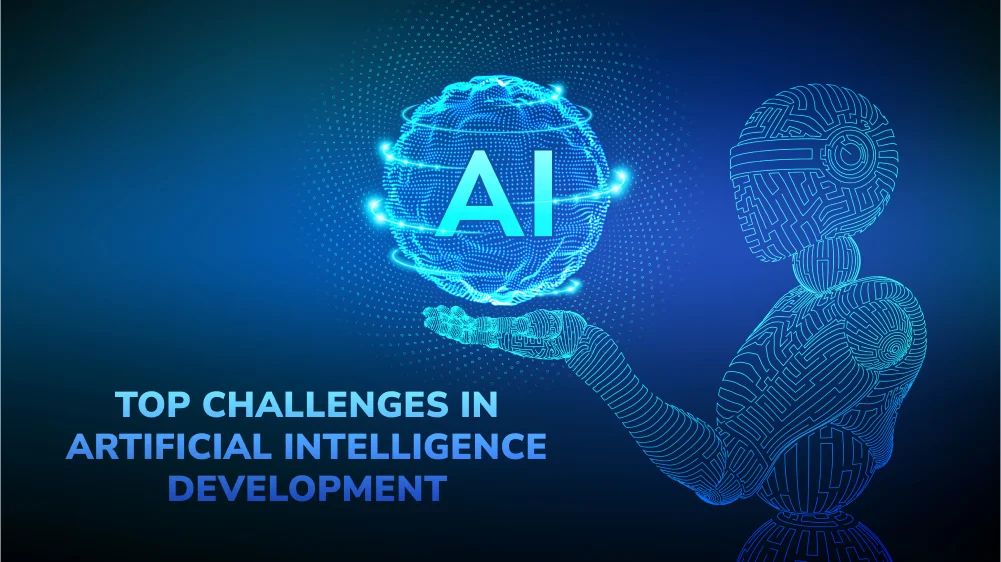
Nowadays, AI applications are found to be involved with a broad spectrum of technologies, namely Business Process Automation (BPA), Internet of Things (IoT), Robotic Process Automation, Autonomous Vehicles, Cybersecurity, Intelligent Virtual Assistants (IVA), Cognitive Computing, and Big Data. AI will drive the next disruptive revolution across most industry verticals, such as healthcare, finance & banking, retail, education, automation, sales, transportation & logistics, media & entertainment, and many more.
As mentioned, many companies, including tech giants, have been heavily investing in AI research and development with a desire to roll out a product that can surpass their competitors. For example, the AI-enhanced Bing of Microsoft and Google’s Bard (or now Gemini). The race to dominate the AI space and be the first to come up with breakthrough AI technology leads companies to face many challenges, some of which are as follows:
Algorithmic Bias

In terms of AI and machine learning models, algorithms are defined as a set of instructions and rules designed to perform a particular task or solve a particular issue. These so-called algorithms serve as the key part of building AI models. They are trained on massive datasets and optimized so they can learn from patterns and trends within the data to empower the decision-making process.
For example, when building a predictive model to detect fraudulent credit card transactions, developers need to train and fine-tune the algorithm with a massive amount of data - i.e., the past fraudulent transactions - so that it can identify potential frauds and deliver accurate results in future transactions.
The effectiveness and operational efficiency of an AI system heavily rely on the sophistication and accuracy of the algorithm based on the model-training dataset that it is fed to. What if the training data is biased from the get-go? Then, we have a case of AI bias. Undoubtedly, it is a bottleneck that could be potentially harmful on different fronts, typically leading to AI outputs that may perpetuate discrimination and unfair practices.
Solution:
Correcting the algorithmic bias could be a daunting task; fortunately, there are multiple ways to either prevent the hurdle from troubling you or overcome it completely:
- Use diverse training data sets that broadly represent different demographics and perspectives.
- Continuously monitor and audit the algorithm’s results to detect any potential bias and take necessary corrective actions.
- Employ ethical frameworks and guidelines when designing and building AI models, with a focus on fairness, transparency, and accountability.
Data Quality & Availability for AI Model Training

As mentioned above, AI and machine learning algorithms thrive on data. Hence, data access and quality are prerequisites for creating a functional AI model. The lack or absence of standardized data may turn out to be a road-blocker.
The higher the volume of quality data developers can use to train and fine-tune a model, the better results it can yield in return. The training data must be of high quality, relevant, and free from bias.
Unfortunately, it remains a challenge to tap into good data sources. This is partially because valuable data is often locked away in silos or inaccessible due to privacy or ownership rights. Otherwise, real-world data are usually fragmented or incomplete, which poses a problem when it comes to AI model training.
Solution:
The key to resolving such data-related challenges lies in data management and selection:
- Invest in data governance and management practices that secure the quality, accessibility, and security of data.
- Collaborate with data partners and other organizations to access more diverse and relevant datasets.
- Employ data preprocessing techniques, such as data cleaning and normalization, to increase the quality of training data.
- Etc.
Data Security & Privacy

Since AI heavily relies on data for its predictions and decisions, it is imperative to protect the data from theft or manipulation, especially in the current AI industry. If the AI model is hacked, it could be used for malicious purposes, such as denial-of-service attacks, for example. The worst scenarios haven’t come yet; however, it is not that hard for you to imagine how data theft and privacy breaches could put AI-based systems at risk.
In regard to data privacy, there are currently no federal regulations to secure privacy rights in this technology. Thus, if you use an AI system to perform a function for you, it might collect your personal information without your permission or you knowing it since the AI model will be operating on your behalf.
Solution:
Data privacy and security may turn out to be critical issues if they are not handled with care.
- Implement cybersecurity protocols and mechanisms (E.g., encryption, multi-factor authentication, etc.) to raise awareness and safeguard both AI systems and data.
- Establish compliance and accountability frameworks to ensure data is handled with ethical standards and in a responsible manner.
- Regularly audit and monitor AI systems for any potential security breaches or vulnerabilities.
- Foster an organizational culture of data security and privacy, with proper training and protocols for handling sensitive data. Isolate your confidential data and ensure that it is only accessible to the particular system or individuals.
- Use enterprise cloud solutions or private/Permissioned Blockchains.
- Leverage AI itself to protect your sensitive information, like anonymizing personal health records, and provide machine learning predictions without compromising privacy.
- Etc.
Lack of AI Talent

Since AI is a technology that is here to stay, you should begin developing your AI methods/strategies by investing in the people and technical stacks needed for building AI solutions. Nowadays, many organizations are struggling with the shortage of skilled engineers with this technical expertise.
Solution:
Fortunately, there are many good ways to overcome such challenges with regard to resources.
Firstly, business owners can form relationships with local universities and educational platforms to build their own network of fresh AI developers who are not only knowledgeable but also eager to learn.
Secondly, business leaders can offer training programs in AI development for employees who are looking to enhance their technical skills. In this way, you can enrich your internal talent pool and set a strong foundation for your AI development team.
Last but not least, partner with a tech talent agency or a software development outsourcing company to bridge the knowledge gap. These are all service providers who can augment your project with qualified IT and AI experts, including data scientists, machine learning engineers, and more.
High Development Costs

Obviously, developing and implementing AI solutions can be expensive. This is more a fact than a hurdle when you wish for the power of artificial intelligence. The expenses of AI development vary widely on many other factors than merely the resources you use. They range from the project complexity, the type of AI being developed, and ongoing maintenance to the scale of implementation.
Perhaps some statistics shall somehow demonstrate the cost of AI initiatives. It is estimated that developing, testing, and deploying a minimum viable product (MVP) of an artificial intelligence platform can cost anywhere between $8,000 to $15,000. The average cost for annual maintenance for an AI system falls between $5,000 and $100,000.
Solution:
Standing in front of the “financial wall,” business owners that still strive to climb over it must be prepared:
- Leverage open-source tools and platforms/reuse code or existing algorithms to develop your models.
- Opt for off-the-shelf AI solutions or custom development services.
- Invest in training programs and courses to build your in-house AI development team.
- Use AI platforms that offer cost-effective pricing models, such as pay-per-use or subscription-based plans.
Unrealistic Expectations for AI Systems

With the current advancement in AI capabilities, the sky is the limit. But hold on. Artificial intelligence is indeed a powerful foundation for innovations; however, it is no magic.
Investors and stakeholders may be susceptible to aiming too high when getting started with AI engineering. This tendency is comprehensible as unrealistic expectations often stem from the hype in the media (rather than the factual info) and the limited knowledge or experience in the technology.
Do not ever take this lightly because the disconnect between your perception and reality may lead to your disappointment down the road or, even worse, your project failure when the outcome fails to meet your initial exaggerated benchmarks.
Solution:
The countermeasure is simple: Set realistic goals. Proceed with a few tips:
- Start small, and do not rush into the deep end. Begin with a pilot project or an MVP to test the waters and draw insights before scaling up.
- Conduct thorough research and analysis.
- Consult with AI experts for advice and guidance.
- Define key performance metrics and track your progress regularly.
- Ensure clear communication with investors and stakeholders about the project’s requirements from the outset as well as its progress.
- Learn from any failures or setbacks, adjust your goals accordingly, and keep moving forward.
AI Explainability & Transparency
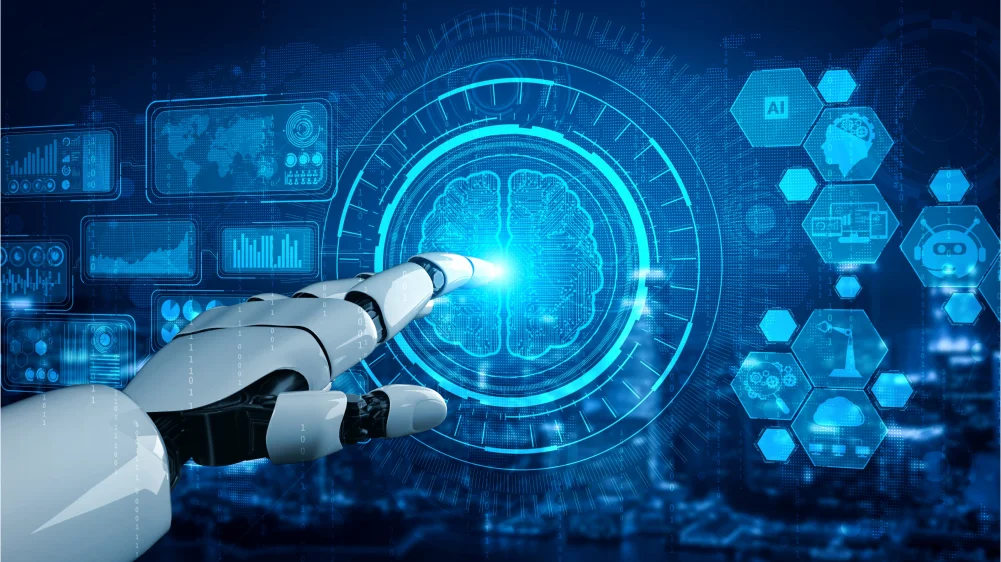
AI systems, especially deep learning models, and the technology itself are often referred to as black boxes, which means their logic in predictions and decisions can be opaque, complex, and difficult to understand for non-technical folks. It is the lack of transparency and explainability (due to objective and subjective reasons) that may bring concerns and skepticism among users, particularly when AI solutions are adopted in critical areas, such as healthcare or criminal justice.
Solution:
The black box issues can be resolved by:
- Using more transparent and interpretable AI models, like decision trees or rule-based systems.
- Investing in explainable AI (XAI) techniques, such as using visualizations or providing reasoning for predictions.
- Ensuring that your AI development team has a diverse background and includes experts in ethics, law, psychology, or any other relevant fields to guarantee transparency and accountability.
- Educating non-technical users on how AI systems work and their limitations.
- Etc.
Ethical Implications
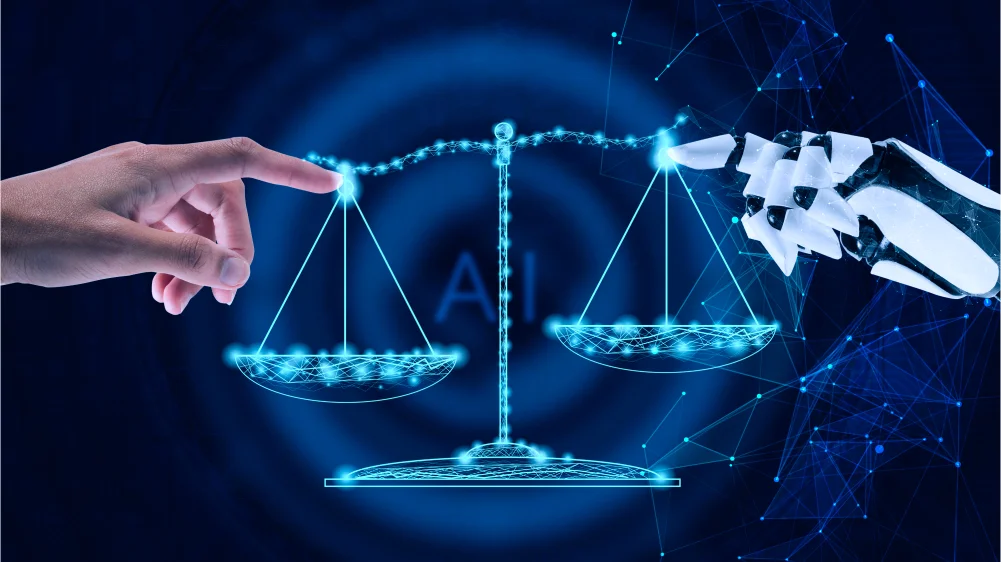
The advent of AI is truly a competitive advantage for mankind in the age of data science. In spite of its benefits, AI is starting to worry the public about legal and ethical issues, such as discrimination, misuse, job displacement, privacy and security, etc. With the growing concerns about AI ethics, it is essential for both AI practitioners and creators to be extremely cautious with such a potent technology.
To be honest, this is a big, complicated topic that may require in-depth discussions and proper handling, so we are unable to tackle it properly within the range of an article only. However, being aware of ethical and legal issues in AI development and operation is equally important as understanding the technology itself. At least, we will not make matters worse.
These challenges represent merely a fraction of the many obstacles faced in AI development. One significant concern revolves around the environmental impact, particularly the carbon footprint stemming from the energy consumption associated with AI development and operation.
Orient Software - Your Trusted Partner for AI Technologies & Services
As you can see, we have led you through top challenges that may prevent you from achieving the goals of AI development, and we also recommend possible solutions for each. Hopefully, you can make effective use of artificial intelligence technologies across all areas of your enterprise.
For further support and guidance on the development of AI solutions, you can consult with Orient Software. We are the best partner you can find to help you:
- AI Development and Integration: Build your AI system from the ground up or integrate AI solutions into your existing systems or processes.
- AI Strategy: Aid you in AI implementation or work with you to tailor an AI strategy just for your specific needs and requirements.
- AI Consulting: We have an expert team to analyze your requirements, give advice on AI technologies, tools, techniques, and development processes, and fine-tune your project plan.
Your best partner is awaiting you. Leave us a message today and discuss further details.

